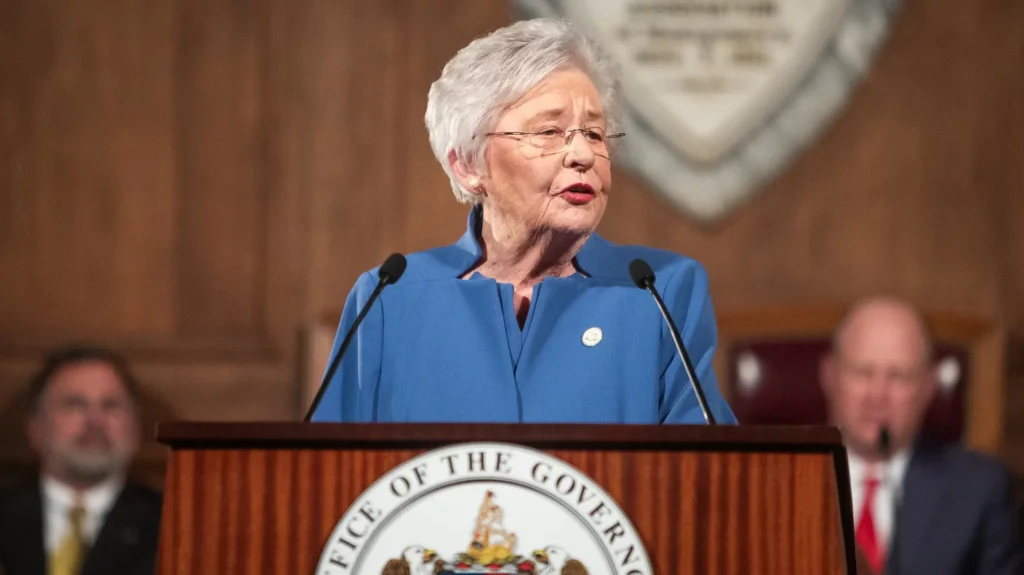Expansion of Pre-K Classrooms in Alabama
Last Friday, Governor Ivey announced the addition of 58 new first-class Pre-K classrooms for the 2025-2026 school year. This initiative continues the state’s effort to expand its nationally acclaimed programs in partnership with the Alabama Department of Early Childhood Education. With these new additions, the total number of first-class classrooms will rise to 1,528, enhancing access to quality early learning for children throughout Alabama.
“The early stages of a child’s life are crucial for establishing a foundation for all future learning, behavior, and health. High-quality programs like Alabama’s First Class Pre-K not only prepare kids for kindergarten but also set the stage for lifelong accomplishments,” Ivey noted. “By introducing these new classrooms, we are not just investing in our children; we’re investing in Alabama’s future.”
In the last couple of years, ADECE has shifted its focus toward enhancing program quality, increasing grant funding to help improve classrooms. The proportion of exempt first-class Pre-K teachers has decreased from 14% in the 2022-2023 school year.
Due to rising program costs, ADECE has raised its support by 30% since the previous school year. These efforts aim to attract and retain qualified teachers, upgrade classroom resources, and broaden access where it’s most needed.
“Our commitment to quality is unwavering,” said ADECE Secretary Ami Brooks. “Access alone isn’t sufficient. By maintaining certification standards and boosting financial resources for our classrooms, we ensure that every child, no matter their circumstances, experiences a high-quality Pre-K that genuinely prepares them for success.”
The First Class Pre-K program in Alabama has been recognized by the National Institute of Early Education as the leading pre-kindergarten program in the country for 19 consecutive years. Research indicates that children engaged in this program tend to achieve better academically, are more prepared for school, and maintain their advantages throughout their education. These long-term benefits highlight the importance of providing high-quality early learning opportunities to all children in Alabama, as emphasized by Ivey’s office.







